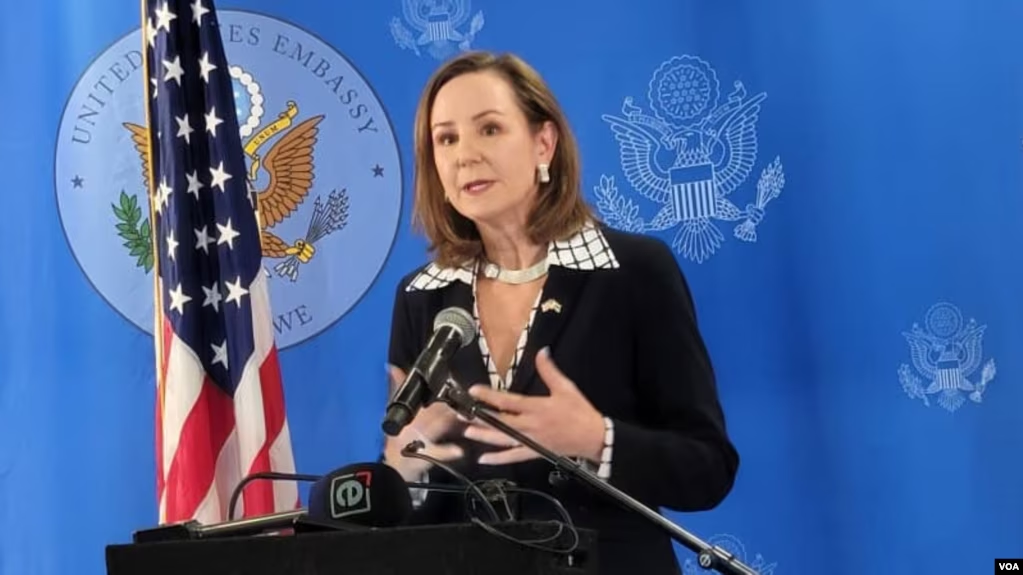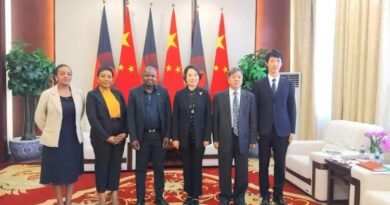U.S. Seeks Key Reforms for Rejoining Zimbabwe Debt Resolution Talks
The United States has indicated its willingness to rejoin debt resolution discussions with Zimbabwe and multilateral lenders, contingent on significant democratic and governance reforms in the African nation.
The U.S. withdrew from these talks following Zimbabwe’s disputed 2023 election.
Pamela Tremont, the newly appointed U.S. ambassador to Zimbabwe, revealed potential for Washington’s re-engagement, emphasizing the need for indicators reflecting Zimbabwe’s commitment to democracy and governance.
“We are looking forward to new democracy and governance indicators that will give us the sense of where the government is, that is its democracy and governance pathway so that we return to the table and continue these talks,” Tremont told Reuters.
The U.S. had actively participated in the debt talks, spearheaded by African Development Bank (AfDB) president Akinwumi Adesina, until January.
Tremont explained the withdrawal was due to the 2023 election, which the U.S. deemed neither free nor fair. “We were an active participant in those talks but we had to put a pause on that after the elections that we did not find free and fair,” she said.
Zimbabwe’s debt crisis involves over $17 billion in arrears to multiple multilateral lenders, including the World Bank, AfDB, and 17 Paris Club members. Excluded from international financial markets for over two decades, Zimbabwe views the debt resolution talks as crucial for clearing these arrears.
Prior to the resumption of talks last year, Zimbabwe committed to governance and electoral reforms, including conducting a clean election. However, the August elections faced widespread criticism from observers, including the Southern African Development Community (SADC) and the European Union (EU), for failing to meet international standards.
Nelson Chamisa, the main opposition leader who finished second to President Emmerson Mnangagwa, labeled the election a “gigantic fraud.”
Deputy Finance Minister Kuda Mnangagwa expressed openness to the U.S. rejoining the talks. “We remain committed to the talks and re-engagement to foster strong economic ties with those who are willing to work with us,” Mnangagwa told Reuters.
The U.S. plays a pivotal role in the debt resolution process due to its influence within the International Monetary Fund (IMF) and World Bank. Ambassador Tremont affirmed the utility of the AfDB-led process in addressing necessary reforms for Zimbabwe to access concessional loans.
“We think the AfDB process is really useful to discuss the reforms that the International Financial Institutions need for Zimbabwe to access the concessionary loans it wants,” she stated.
Source: VOA Zimbabwe



